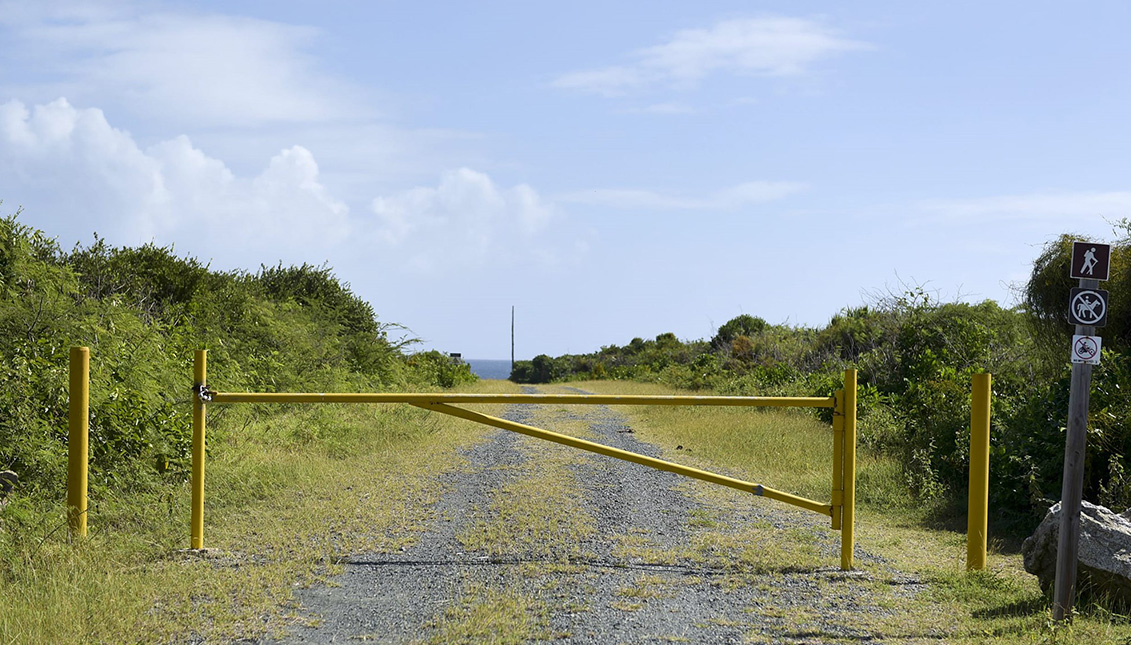
Puerto Rico will remain a "minefield" until 2031, according to a new report
With machetes and drones, the U.S. military is trying to remove the bombs, grenades and rockets it planted on Vieques and Culebra when they were "its training…
They are tiny oases of white sand and pristine waters, but there was a time when the islands of Vieques and Culebra in Puerto Rico were the US Navy's Coney Island.
Both islands were used for years as military training camps, relocating their populations elsewhere. They are still surprisingly littered with munitions today, so much so that it may take three decades to remove them, according to a federal report released Friday.
"Challenges include logistics, the topography and environment of the islands, and security concerns surrounding the handling of unexploded ordnance," says the report, which notes that Vieques also has a community distrust of the military.
To which must be added the disappointment of Puerto Ricans that, according to the Department of Defense and the US Army Corps of Engineers, which are in charge of the cleanup, the opening of many trails and beaches on both islands could be delayed until 2031, at an additional cost of more than $400 million, the US Government Accountability Office said.
So far, the military has removed about 32,000 bombs, 12,000 grenades and 1,300 rockets from Vieques, where it operated a 14,500-acre training range until 2001, since January 2020. While on Culebra, which the army abandoned in 1975, unexploded ordnance found amounts to more than 5,000.
Even underwater, danger lurks. For, according to the Navy, some deep areas of the water off Vieques have been identified as a Superfund site, where contaminants such as napalm, uranium, lead and mercury are believed to be present.
While the Navy expects that about 5,000 acres of Vieques could be open to tourism by 2021, Culebra's case is very different: of the 15 military sites on the islet, 14 will be closed for a decade or more, the GAO said.
RELATED CONTENT
Over the years, some tourists and islanders have been injured as a result of encountering buried shells.
Although the Puerto Rican government and its inhabitants are well aware of the danger posed by these routes and beaches, the Puerto Rican economy threatens to suffer as a result of the delay.
Especially since, although the Puerto Rican tourism sector accounts for only 7% of the entire US economy, the beaches of Vieques and Culebra attract tens of thousands of tourists annually and were expected to be a lifeline in the face of a seemingly infinite crisis.
On the other hand, the environmental health of both Puerto Rican enclaves is also at stake, and there are questions about the extent to which both past military actions and this clean-up pose a risk to the landscape and its people — in 2020, the Environmental Protection Agency awarded a grant to the University of Massachusetts to assess the effects.
In fact, many locals blame the US government for their health problems and that closed detonation chambers - something the Boricuas have been demanding for more than a decade — will not begin to be used until later this year.











LEAVE A COMMENT: